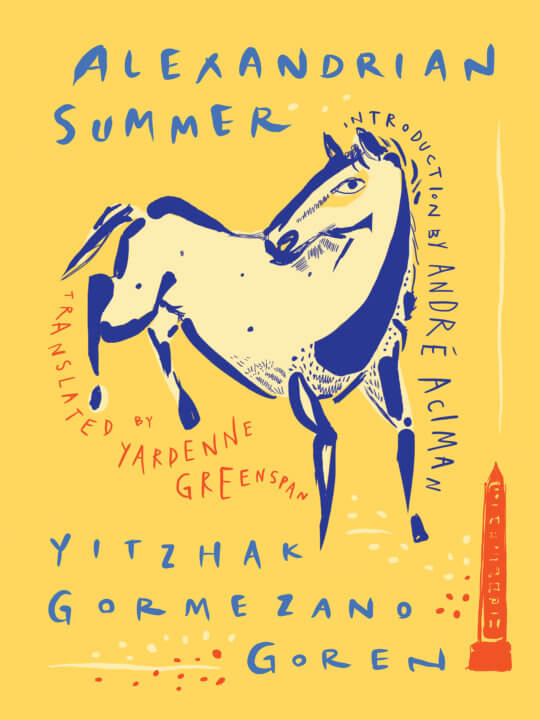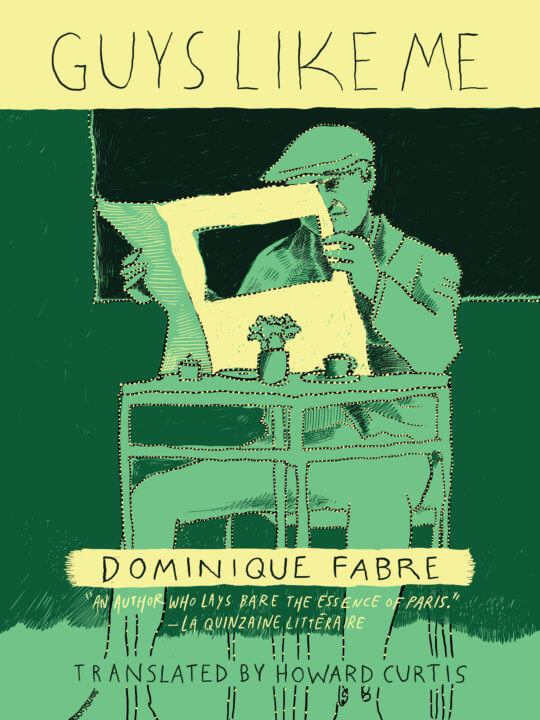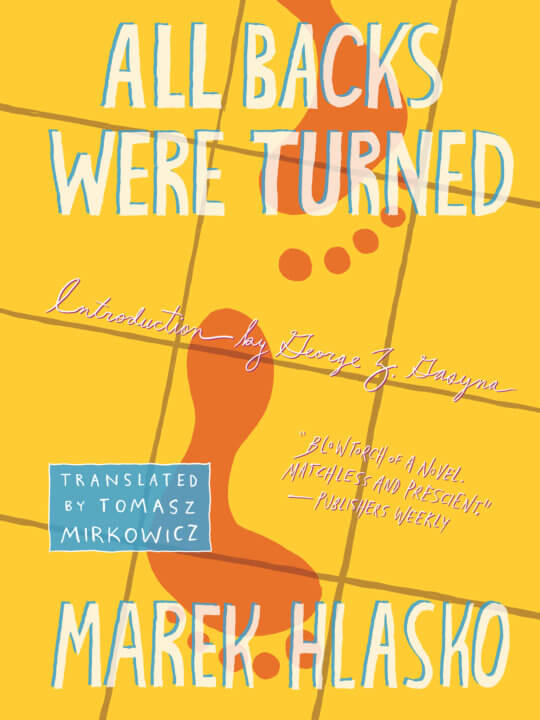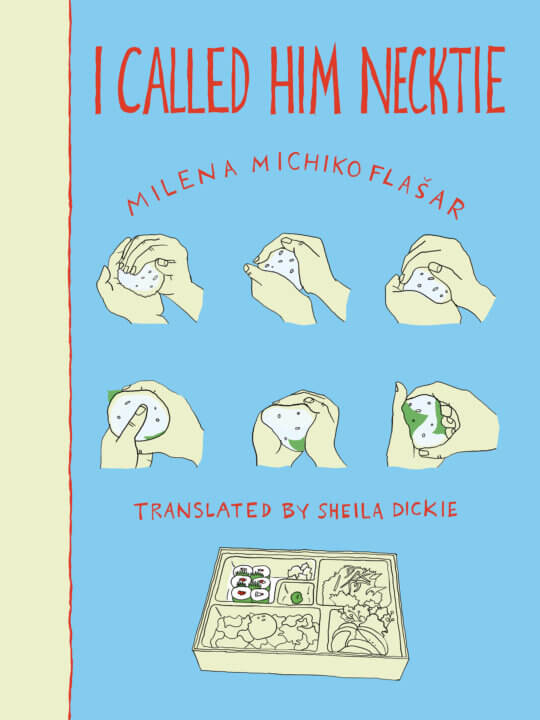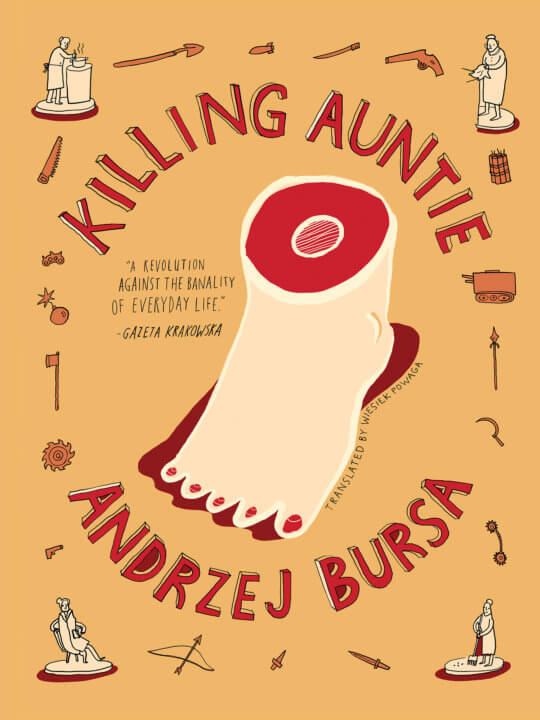
A young university student named Jurek, with no particular ambitions or talents, finds himself with nothing to do. After his doting aunt asks the young man to perform a small chore, he decides to kill her for no good reason other than, perhaps, boredom. Killing Auntie follows Jurek as he seeks to dispose of the corpse—a task more difficult than one might imagine—and then falls in love with a girl he meets on a train. Can he tell her what he’s done? Will that ruin everything?
“I’m convinced—simply—that we are all guilty,” says Jurek, and his adventures with nearsighted relatives, false-toothed grandmothers, meat grinders, and love-making lynxes shed light on how an entire society becomes involved in the murder and disposal of dear old Auntie. This is a short comedic masterpiece that combines elements of Dostoevsky, Sartre, Kafka, and Heller, coming together in the end to produce an unforgettable tale of murder and—just maybe—redemption.
